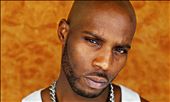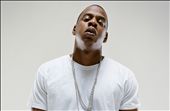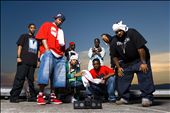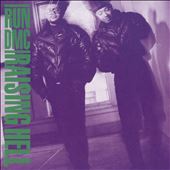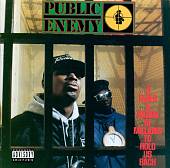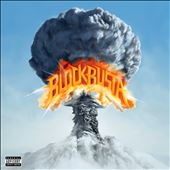Rap
•
Hip-Hop/Urban
East Coast Rap
At the dawn of the hip-hop era, all rap was East Coast rap. All of rap's most important early artists were based in the New York City area -- old-school legends like DJ Kool Herc, Grandmaster Flash, Afrika Bambaataa, the Sugarhill Gang, Kurtis Blow, and Run-D.M.C. As rap grew and became more diverse over the course of the '80s, productive scenes began to spring up in other locations around the country; nonetheless, East Coast rap dominated through most of the '80s. Although the sound of East Coast rap wasn't completely uniform, from the mid- to late '80s it tended to gravitate to more aggressive beats and sample collages, and many MCs prided themselves on their technical dexterity in crafting lyrics. In other words, with some exceptions East Coast rap became a music intended more for intense listening than for the dancefloor, helping develop the genre into a respected art form as it grew more elaborate and complex. Typifying this golden era of the East Coast sound were artists like Eric B. & Rakim, Boogie Down Productions, and Slick Rick, all of whom boasted immense lyrical skill rooted in old-school style, as well as the harder-hitting sounds of EPMD and Public Enemy. Also based on the East Coast were the Native Tongues, a collective of positive, Afrocentric artists assembled by Afrika Bambaataa; while De La Soul, A Tribe Called Quest, the Jungle Brothers, and other, mostly New York-based groups had a major impact on hip-hop in the late '80s, they were more readily identified with their musical eclecticism than any specific geographic location. N.W.A's 1989 album Straight Outta Compton served notice that the West Coast had toughened its sound to go along with its already gritty, street-level subject matter; combined with West Coast rap's ability to retain its primary function as party music, this helped make it the dominant force in hip-hop during the '90s. The rise of Southern rap further ensured that East Coast rap could no longer dominate as it once had, but the '90s were hardly a wash for the region. In addition to Puff Daddy's hugely lucrative, pop-accessible Bad Boy label, the East Coast produced its share of varied, highly acclaimed artists, including lyrical virtuoso Nas, the eclectic Fugees and Roots, and the hugely influential hardcore unit Wu-Tang Clan.



